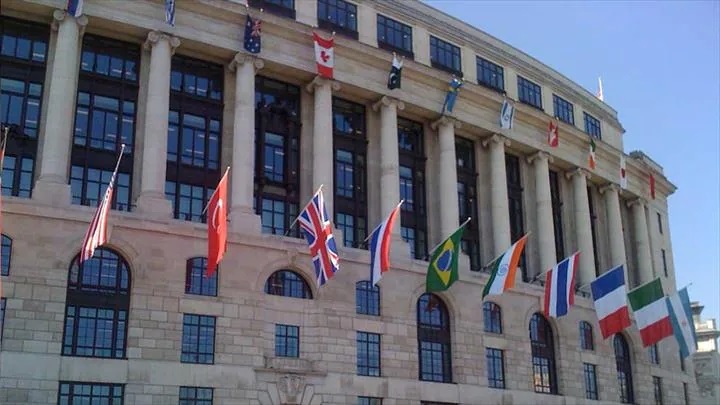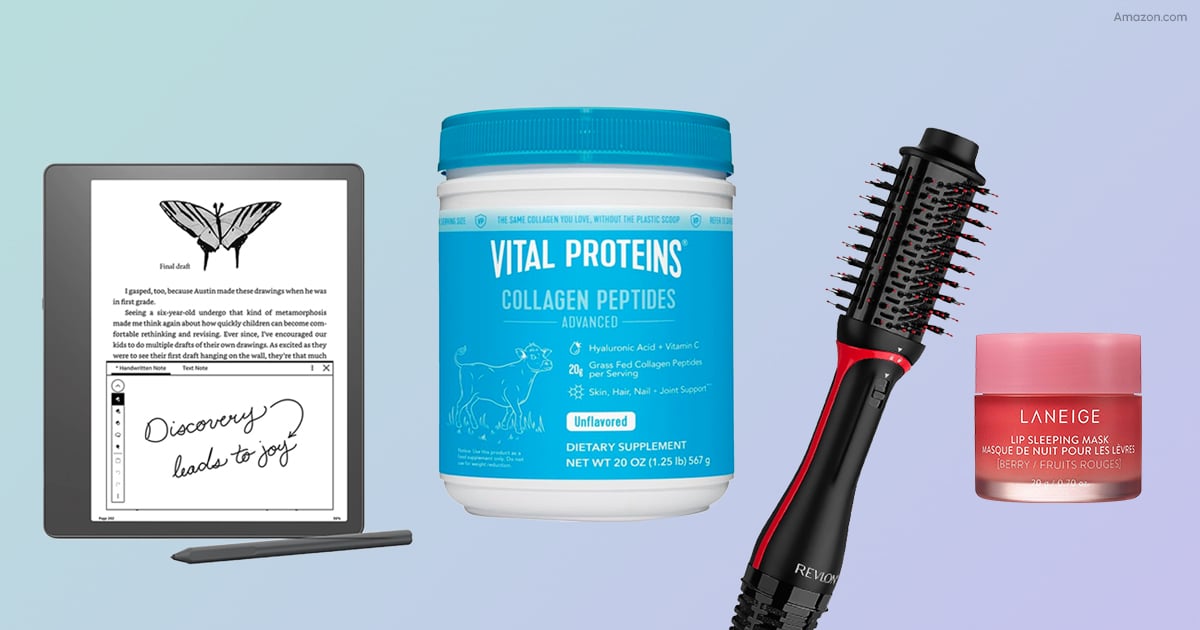LONDON – In a move long-awaited by shareholders, Unilever intends to spin off its ice cream business with plans to amplify its focus on a handful of beauty, home and wellbeing brands with high growth potential.
Unilever said Tuesday the planned disposal is part of a wider productivity program that will see it make 7,500 office-based layoffs globally and achieve total cost savings of around 800 million euros over the next three years.
The company said the savings will “more than offset” the impact of the ice cream disposal.
Following the ice cream spinoff, which is set to complete late next year, and with the productivity plan in full swing, the company aims to deliver mid-single digit underlying sales growth and “modest margin improvement” in the medium term.
Total restructuring costs, Unilever added, are set to be around 1.2 percent of group turnover for the next three years, up from the around 1 percent of group turnover previously communicated.
Following the announcement, Unilever’s shares were up 4 percent to 39.61 pounds on the London Stock Exchange at 9:35 a.m. GMT.
In a statement to the markets, Unilever argued that ice cream needs a different ownership structure to thrive and could become a “world-leading business” for its new owner. The ice cream division, which includes Wall’s, Magnum and Ben & Jerry’s, delivered turnover of 7.9 billion euros in 2023.
Investors have long been asking the company to dispose of the ice cream business, which is incongruous with the rest of Unilever’s operations in home, food and personal care.
Ice cream requires specific supply chain and point-of-sale structures that support frozen goods. It also has a different channel landscape, and is more seasonal and costly to run than other divisions, the company said.
The consumer giant, owner of brands including Dove, Vaseline and Hellmann’s mayonnaise, said that a demerger of ice cream is the most likely route, although it’s considering other options in order to maximize returns for shareholders.
It plans to spin off the business immediately, “with full separation” expected by the end of 2025.

Ian Meakins, chair of Unilever, said the board is “determined to transform Unilever into a higher-growth, higher-margin business that will deliver consistently for all stakeholders. Improving our performance and sharpening our portfolio are key to delivering the improved results we believe Unilever can achieve.”
He added that separating ice cream, and enacting other productivity measures, will help create “a simpler, more focused and higher-performing Unilever. It will also create a world-leading ice cream business, with strong growth prospects and an exciting future as a standalone business.”
Hein Schumacher, chief executive officer of Unilever, said the company has already committed to do “fewer things, better, and with greater impact. Simplifying our portfolio and driving greater productivity will allow us to further unlock the potential of this business.”
Following separation, Unilever will operate four business groups: Beauty & Wellbeing, Personal Care, Home Care and Nutrition.
The company said those groups have “complementary routes to market, and/or R&D, manufacturing and distribution systems across developed markets” and emerging ones.
Last month during the fiscal 2023 results call, Schumacher announced that Unilever had increased investment behind its 30 “power brands,” which include Dove, Vaseline and Pond’s.
The company has also been on a drive to dispose of non-core brands.
As reported in December, Unilever agreed a sale of Elida Beauty two years after first marketing the cluster of more than 20 brands, including Q-tips, Caress, Timotei and Tigi.
It has binding offer from Yellow Wood Partners LLC to acquire Elida, which generated turnover of around 800 million euros in 2022. The deal is set to complete by mid-2024.
James Edwardes Jones of RBC Capital Markets said the separation of ice cream makes sense “given its slower growth profile and lack of cost synergies due to its cold supply chain.”
He also welcomed the more positive medium-term guidance, but warned that previous disposals, such as the spreads business, which was sold to KKR in 2018, have left behind “significant stranded costs.”



